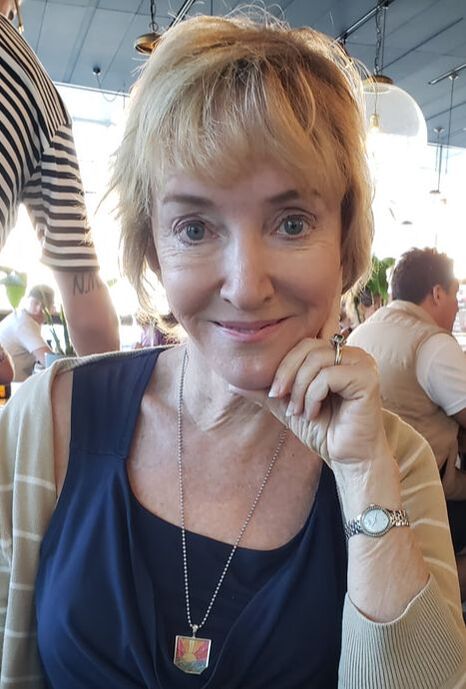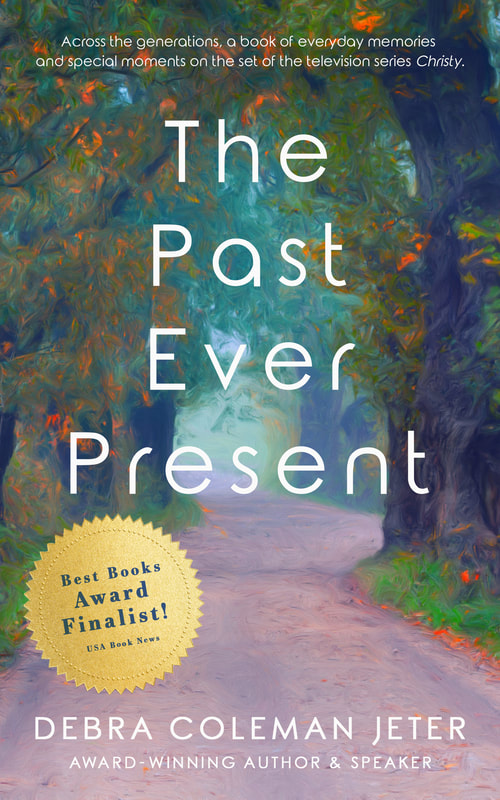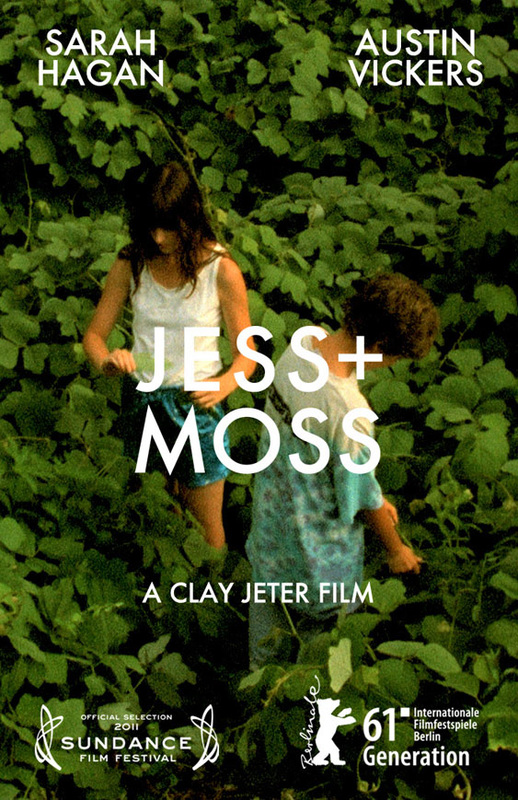|
There’s a lovely poem about prayer by Grace Naessens you’ve probably heard. It begins: I got up early one morning and rushed right into the day, I had so much to accomplish that I didn’t have time to pray. Problems just tumbled about me, and heavier came each task. “Why doesn’t God help me?” I wondered. He answered, “You didn’t ask.” The poem ends: I woke up early this morning, and paused before entering the day. I had so much to accomplish that I had to take time to pray. I love this poem! What Ms. Naessens writes is so true of prayer. I have found that for me, it’s also true of writing. Before starting The Ticket, I had been writing off and on for years. My writing came in spurts. Sometimes I’d go for long stretches without writing a thing, except for the writing of the exams, class notes, and academic research papers demanded of me as part of my job as a professor at Vanderbilt University. At other times, I might start a short story and write obsessively for a few days until it was finished. It wasn’t that I believed I had to be inspired to write; it was just a pattern I inadvertently fell into. I observed one truth about myself: I was generally happier in my personal life and more productive in my academic career when I was doing some outside writing. When I started The Ticket, I decided to write at least one draft of the novel from start to finish in one year. I resolved to break my habit of writing either nothing or too much at once, rather like a person who crash diets and then binges on her favorite sweets. This time I was going to write steadily week-in and week-out until I had a decent draft. To aid in this process, I used Robert J. Ray’s book on writing, The Weekend Novelist, to provide a structure. In it Ray describes a fifty-two week program designed to produce a finished novel writing only on weekends. I didn’t follow his plan exactly. For one thing, there were often weekends that didn’t lend themselves to any extensive writing. Stuff comes up. Fortunately, my hours as a professor are fairly flexible. This allows me to start the day on certain weekdays by writing at least a couple of pages, although I aim for five pages. I can make up for this by doing my class preparation late at night, right before I go to bed. Second, I skipped a few of the steps in Ray’s plan, but found that some of the others took me two to four times as long as he allowed. Third, I discovered that, by the time I got to the “key scenes” outlined by Ray and drafted by me early in the process, some of them no longer worked as I intended. By then the novel had taken on a life of its own. Still, using Ray’s book gave me a structure and kept me moving forward when I might otherwise have stalled. One of the challenges I faced in writing The Ticket was getting past inertia at the start of a writing day. For me, the first sentence of the day is almost always the one that comes hardest. The more I tell myself I need to get on with it, the harder it is to make my pen move (yes, I write the old-fashioned way using pen and paper). I didn’t discover any magic tricks here, though I tried copying a passage from a favorite novel a time or two. What I avoided was giving up for the day. Instead I would tell myself that I could always trash the pages later if they stunk, as I often suspected they would. Then I’d force myself to start moving my pen. As a part-time writer, I didn’t feel I had the luxury of waiting until later in the day. Usually, after the rough start, the words would start to flow. But not always. Some days I’d have to grind out every word. Later, though, I discovered surprises in both directions. When I would reread what I had written, the stuff I wrote when I felt inspired sometimes turned out to be lousy; and some of the most painfully written pages turned out to be pretty good. When I was writing The Ticket, I got totally absorbed in my characters and their lives. As a part-time writer with lots of other demands on my time, I learned to scribble thoughts on anything and everything whenever a sentence, a phrase, or an idea struck. It might be on a napkin in the middle of a business lunch, or on a scrap of paper in my handbag during my commute (not a recommended strategy, from a safety perspective), or on an order of worship during a sermon. I can’t always explain where or why an idea comes to me when it does, but I tried to take advantage of every one if at all possible. If I’d wait, thinking, “I couldn’t possibly forget this one,” I might surprise myself. Finally, I tried to turn my status as a dual career person into a strength. The initial idea for The Ticket actually came in part from one of my colleagues at Vanderbilt University. As I fleshed out my characters, both externally and internally, I had ample opportunity to draw on my observations of men and women around me at work on a daily basis. I could listen to their patterns of speech, watch their mannerisms, observe their body language, and so on. Now that I’m in the stage of trying to promote the novel, I find that most people in the workplace are interested and more than happy to help spread the word. Since writing can be a fairly solitary occupation, those of us with a second job face challenges but also have the benefit of unique opportunities.
0 Comments
Leave a Reply. |
Archives
June 2024
Categories |







 RSS Feed
RSS Feed